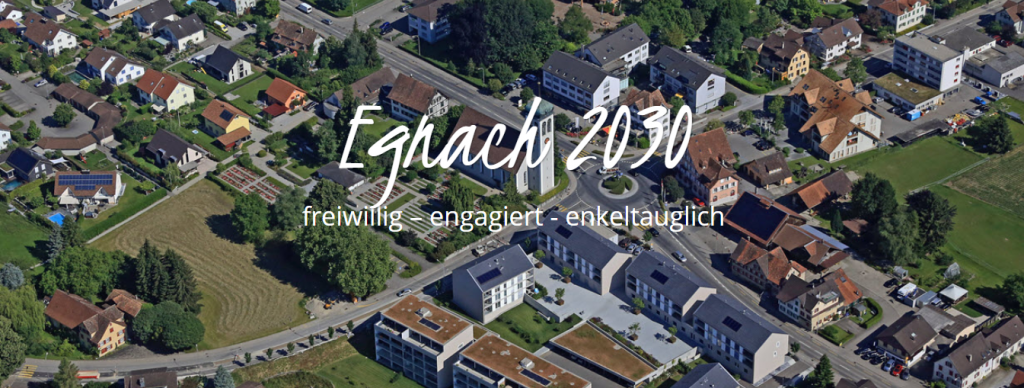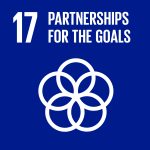Esta web utiliza cookies para que podamos ofrecerte la mejor experiencia de usuario posible. La información de las cookies se almacena en tu navegador y realiza funciones tales como reconocerte cuando vuelves a nuestra web o ayudar a nuestro equipo a comprender qué secciones de la web encuentras más interesantes y útiles.
Enabling Communities to use SDGs as Reference Frame for Local Development
Description
Institution
Organizations/areas of the university involved
Center for Community Concerns (OZG-FHS)
Country
Switzerland
For our work at the Center for Community Concerns at the University of Applied Sciences St. Gallen (OZG-FHS) the SDG framework is one of the basic guidelines for action. We use it as an instrument to develop visions, strategies and masterplans together with two municipalities in Eastern Switzerland – Wittenbach and Egnach and intend to continue the project with other small scale municipalities (low administrative professionality).
We aim at establishing sustainable and future friendly («enkeltauglich») local developments. To do so, we include strong participative elements in decision-making processes. We use the SDGs framework firstly as a guideline of action and to answer questions as i.e. how can topics that are raised in participatory discussion be linked to interdependent other topics? The SDGs framework is used because it provides an excellent guiding framework for holistic development projects in communities. It encourages participation of the population, which is crucial to our understanding of community development. And it creates a positive feeling of “belonging to something bigger” to make the world a better place. We implement the SDGs framework in the partnerships with municipalities from the very beginning of the cooperation: In every first meeting with mayors, we emphasize the importance and the usefulness of the SDGs framework.
Strong participatory elements that include the public and all major interest groups will then be the next step of action towards a cocreation of local strategies. In the participation workshops we explain and simplify the SDGs framework for a local context and sensitize the participants. As external project consultants, we ensure that every idea of the participants is embedded and contextualized in the SDGs framework. The same holds for the outcome of the process, the newly established local and sustainable development goals.
Results and impact measured or expected
We could clearly see that a lot of people who participated in the participative process were confronted with the SDGs for the first time and were obliged to think about their impact. The same applies to political actors on the local level. Everyone that was involved in the project has now a certain awareness for the SDGs.
As the local development strategy is formulated and implemented until the year 2030, the actual impact cannot be measured now. It will be evaluated later, if concrete projects in the municipalities really follow the SDGs framework. Nevertheless, by developing the strategy according to the SDGs framework, we expect the concrete projects also to follow the SDGs framework.

Connection with the SDG framework
Regardless if we are dealing with political decisions makers, citizens or other actors involved in the development of municipalities, every idea is discussed and analyzed in the context of the SDGs. As the SDGs framework is the fundament of the process to develop a strategy, guidelines or a masterplan, the connection is clearly given. Most of the 17 SDGs are, at least partially, covered in the process of developing new local strategies. A very strong connection to SDG 17 can be drawn especially because the participation of the public and all relevant interest groups is one of the most important concern of our work.
Barriers and follow up
From the process in the first counselled municipality (Wittenbach), we learned that it is difficult to motivate a crucial mass of people for a participation process. There are basically the “usual suspects”, very engaged citizens, that participate. It is especially difficult to encourage young people and foreigners to join the process. Also, not everyone is aware that participation is not just about talking but also about taking action in concrete follow up projects. And even with participation, there will always be critics and frustrated people regarding the process and its outcome.
To address these barriers in the second counselled municipality (Egnach), we worked closer with integration and youth workers to encourage adolescents, young adults and foreigners to participate. It is however also crucial to support either the municipality or the people with their follow projects to minimize the potential of frustration.
We are currently in contact with more municipalities to continue our aim to connect local development and SDGs in more cases so we can provide better evaluation data in the future.
Education 4 SDG funciona gracias a WordPress

